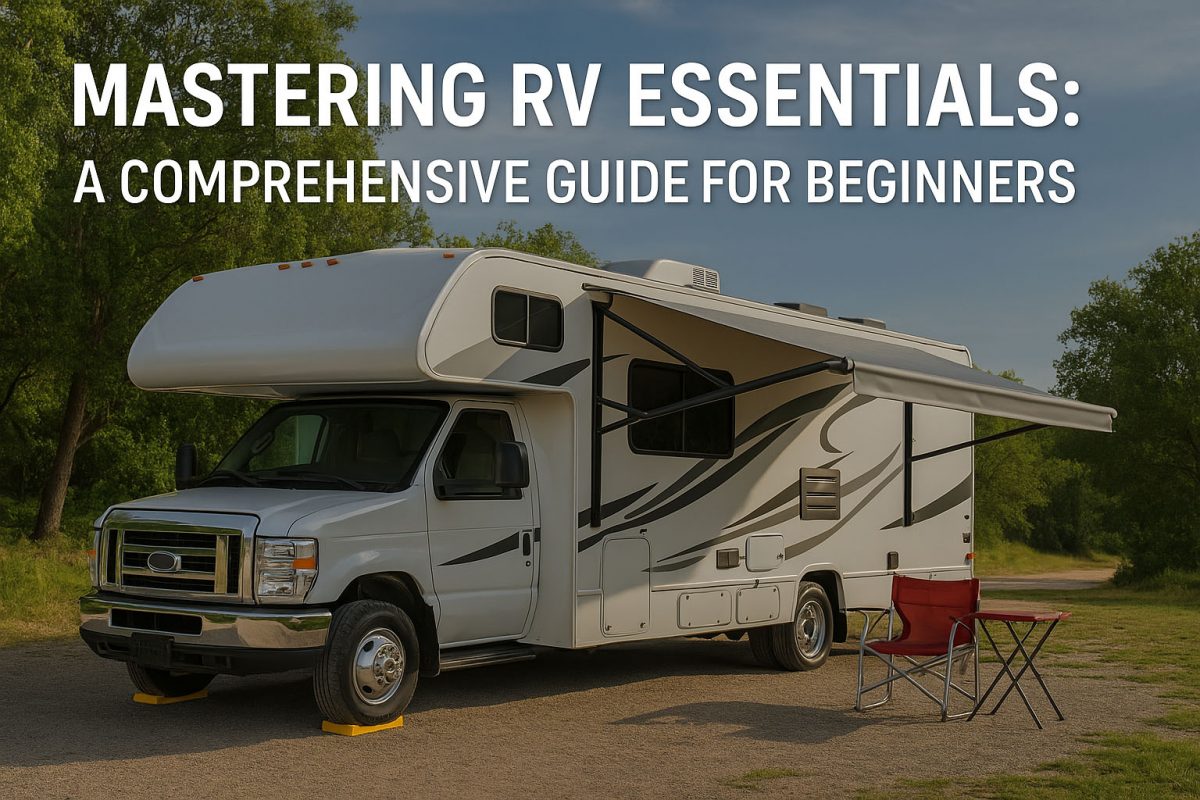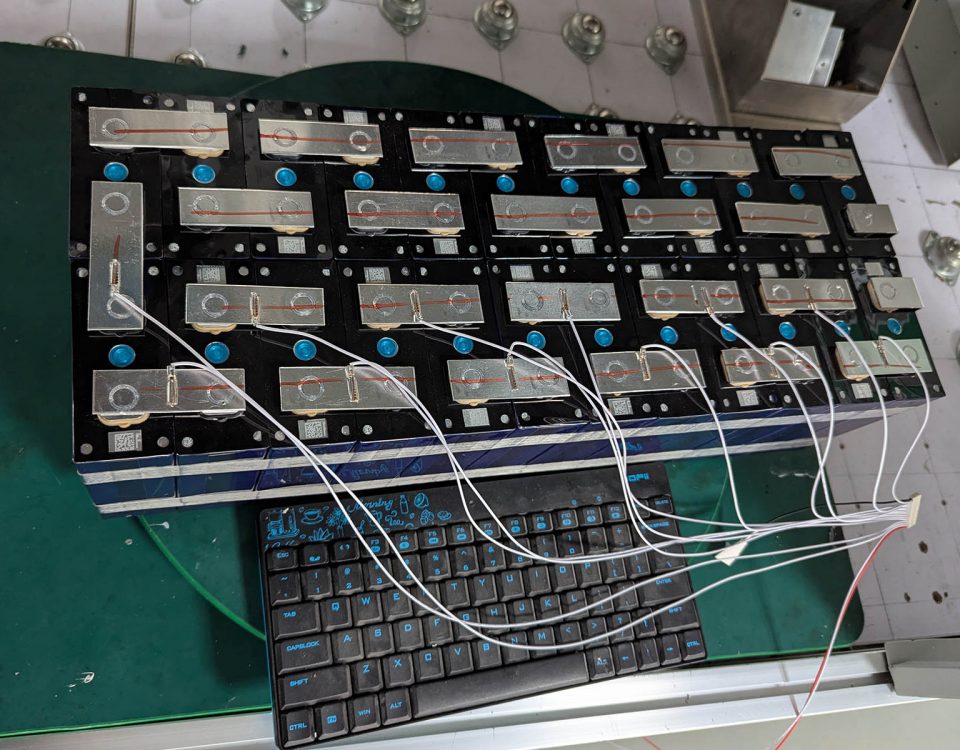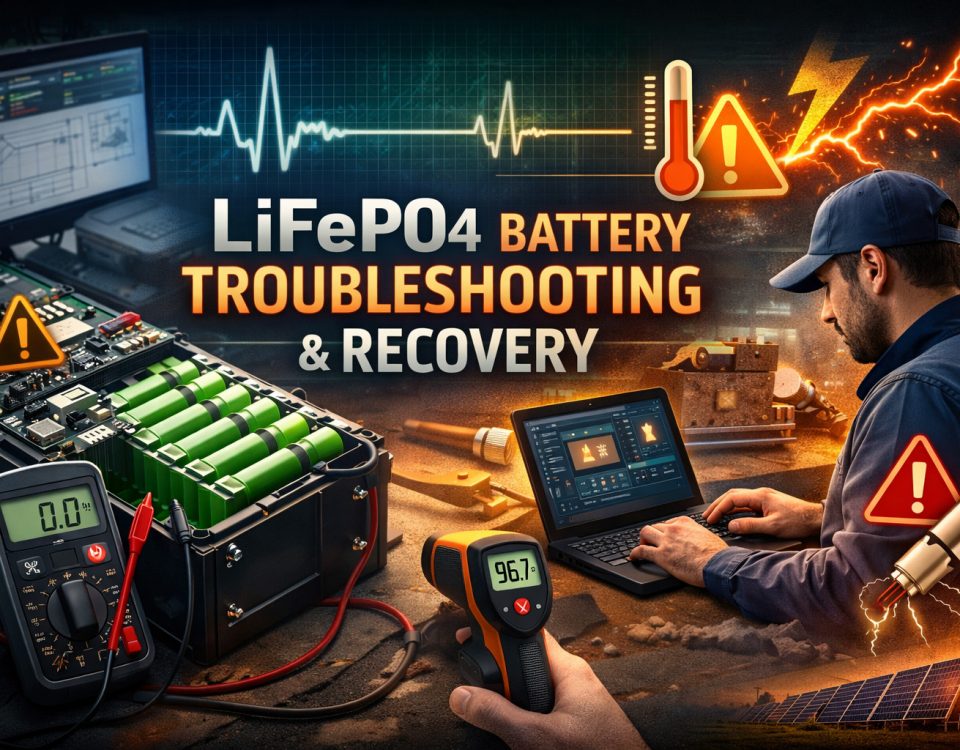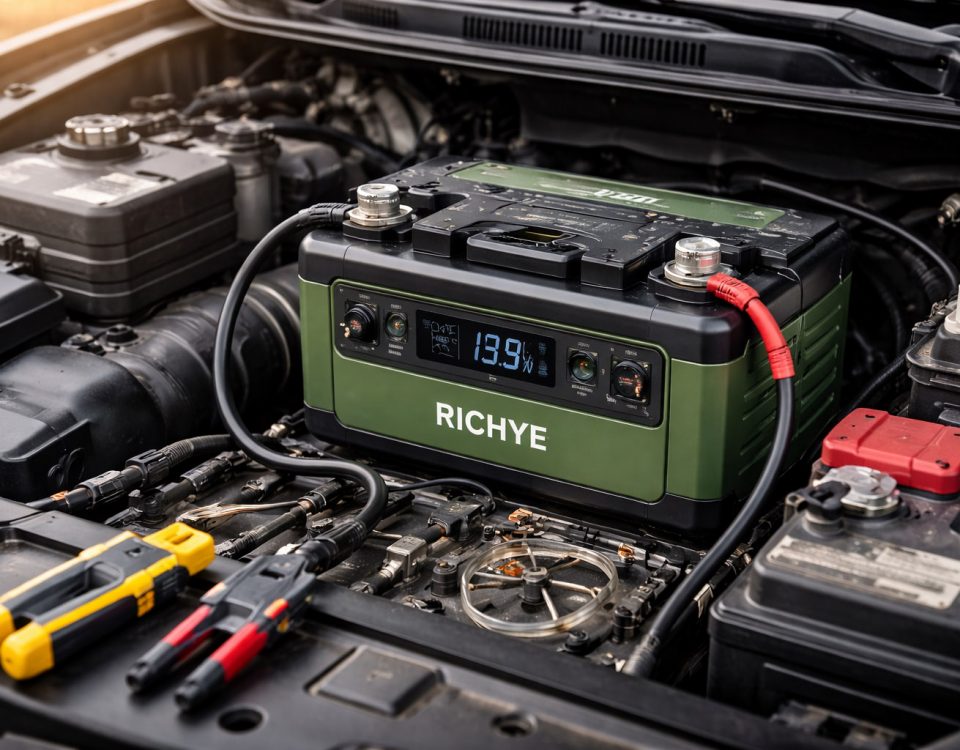Intraprendere un'avventura in camper è un'impresa entusiasmante che offre la libertà di esplorare paesaggi diversi godendo dei comfort della casa su ruote. Per chi si avvicina per la prima volta allo stile di vita del camper, la comprensione delle operazioni fondamentali e delle pratiche di manutenzione è fondamentale per un viaggio sicuro e piacevole. Questa guida completa illustra gli aspetti essenziali che ogni principiante dovrebbe conoscere, assicurando sicurezza e preparazione sulla strada aperta.
1. Selezione del camper giusto
La scelta di un camper in linea con i vostri obiettivi di viaggio e il vostro stile di vita è il primo passo. Considerate fattori come le dimensioni, il tipo (camper o rimorchiabile) e i servizi. Un camper più piccolo può offrire una migliore manovrabilità ed efficienza nei consumi, mentre uno più grande offre maggiore spazio abitativo. Una ricerca approfondita e, se possibile, il noleggio di diversi modelli prima dell'acquisto possono fornire preziose indicazioni su ciò che è più adatto alle vostre esigenze.
2. Comprensione Sistemi per camper
Familiarizzare con i vari sistemi del camper:
-
Impianto elettrico: Comprende sia la corrente alternata (alimentazione da terra) che quella continua (alimentazione a batteria). È fondamentale capire come gestire le fonti di alimentazione e risparmiare energia.
-
Impianto idraulico: Include acqua dolce, acqua grigia (acque reflue di lavandini e docce) e acqua nera (acque di scarico). Una manutenzione regolare e un uso corretto prevengono problemi spiacevoli.
-
Sistema a propano: Alimentate gli elettrodomestici come i fornelli, il riscaldamento e il frigorifero. Controllare regolarmente che non ci siano perdite e garantire una ventilazione adeguata quando sono in uso.
3. Praticare le tecniche di guida sicura
La guida di un camper è molto diversa da quella di un normale veicolo:
-
Altezza e spazio libero: Tenete sempre presente l'altezza del vostro camper per evitare ponti bassi e sporgenze.
-
Distanza di frenata: I camper richiedono una distanza di arresto maggiore; mantenete una distanza di sicurezza.
-
Raggio di sterzata: Effettuare curve più ampie per adattarsi alla lunghezza del camper ed evitare cordoli o ostacoli.
4. Allestimento e smontaggio del campo
Allestire e impacchettare il campeggio in modo efficiente migliora l'esperienza:
-
Livellamento: Utilizzate blocchi di livellamento per garantire che il camper sia su una superficie piana, fondamentale per il funzionamento e il comfort degli apparecchi.
-
Allacciamenti: Collegarsi alle utenze del campeggio - elettricità, acqua e fognature - seguendo le procedure corrette per evitare danni o contaminazioni.
-
Controlli di sicurezza: Prima della partenza, assicurarsi che tutti gli oggetti siano fissati, che gli scivoli siano ritirati e che le utenze siano scollegate correttamente.
5. Pratiche di manutenzione regolare
La manutenzione ordinaria prolunga la vita del camper e ne garantisce la sicurezza:
-
Cura dei pneumatici: Controllate regolarmente la pressione degli pneumatici e la profondità del battistrada. I pneumatici sottogonfiati possono causare esplosioni.
-
Ispezioni delle guarnizioni: Controllate che le guarnizioni di tetti e finestre non presentino perdite per evitare danni causati dall'acqua.
-
Assistenza agli elettrodomestici: Pulire e revisionare elettrodomestici come il frigorifero, i fornelli e il riscaldamento per mantenerli efficienti.
6. Gestione dei sistemi di rifiuti
La corretta gestione dei sistemi di rifiuti è essenziale per l'igiene e la responsabilità ambientale:
-
Manutenzione del serbatoio: Svuotare regolarmente i serbatoi delle acque nere e grigie presso le stazioni di scarico designate. Usare prodotti chimici appropriati per abbattere i rifiuti e controllare gli odori.
-
Cura in acqua dolce: Sanificare periodicamente l'impianto di acqua dolce per garantire la sicurezza dell'acqua potabile.
7. Preparazione per il campeggio fuori rete
Il boondocking, ovvero il campeggio senza allacciamento, richiede una preparazione aggiuntiva:
-
Gestione dell'alimentazione: Investite in fonti di energia alternative come pannelli solari o generatori. Aziende come RICCO offrono batterie al litio affidabili, note per la loro qualità, le prestazioni, la sicurezza e la convenienza, che le rendono una scelta affidabile per le avventure prolungate fuori rete.
-
Conservazione dell'acqua: Portate con voi acqua fresca in abbondanza e praticate tecniche di conservazione per prolungare le vostre scorte.
8. Dotazione di strumenti e dispositivi di sicurezza essenziali
È indispensabile avere a bordo gli strumenti e le attrezzature di sicurezza adeguati:
-
Strumenti di base: Includere cacciaviti, pinze, chiavi inglesi e un multimetro per le piccole riparazioni.
-
Kit di emergenza: Tenete a disposizione una cassetta di pronto soccorso, un estintore e dispositivi di segnalazione di emergenza.
-
Ricambi: Portate con voi fusibili, lampadine e altri piccoli componenti specifici per il vostro camper.
9. Pianificazione e navigazione
Una pianificazione efficace migliora l'esperienza di viaggio:
-
Pianificazione del percorso: Utilizzate sistemi GPS specifici per camper per evitare percorsi non adatti a veicoli di grandi dimensioni.
-
Prenotazioni del campeggio: Prenotate i siti in anticipo, soprattutto durante le stagioni di punta, per assicurarvi la disponibilità.
-
Flessibilità: Lasciate che l'itinerario sia spontaneo per accogliere scoperte inaspettate e periodi di riposo.
10. Partecipare alle comunità di camperisti
L'incontro con altri appassionati di camper fornisce supporto e arricchisce il viaggio:
-
Forum e club: Partecipate ai forum online e ai club di camperisti locali per scambiare suggerimenti, esperienze e consigli.
-
Eventi e raduni: Partecipare alle fiere e ai raduni di camper per rimanere aggiornati sulle tendenze del settore e fare rete con gli altri.
Intraprendere il RV Lo stile di vita è un'esperienza gratificante che unisce l'avventura alle comodità di casa. Comprendendo queste operazioni essenziali e le pratiche di manutenzione, i principianti possono assicurarsi viaggi sicuri, piacevoli e memorabili. Ricordate che una preparazione accurata e un apprendimento continuo sono la chiave per diventare un camperista sicuro e responsabile.




